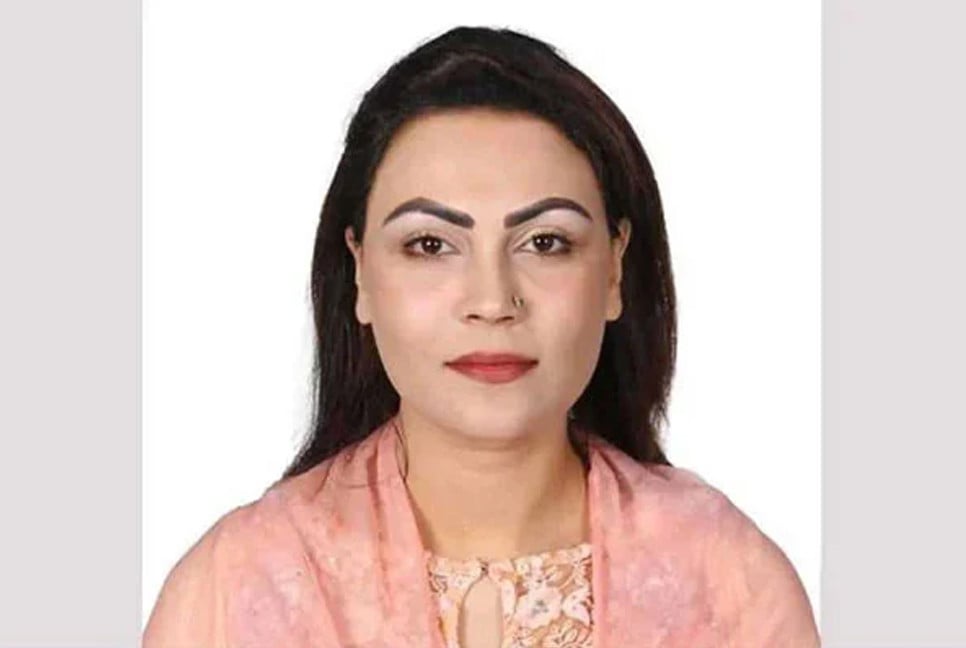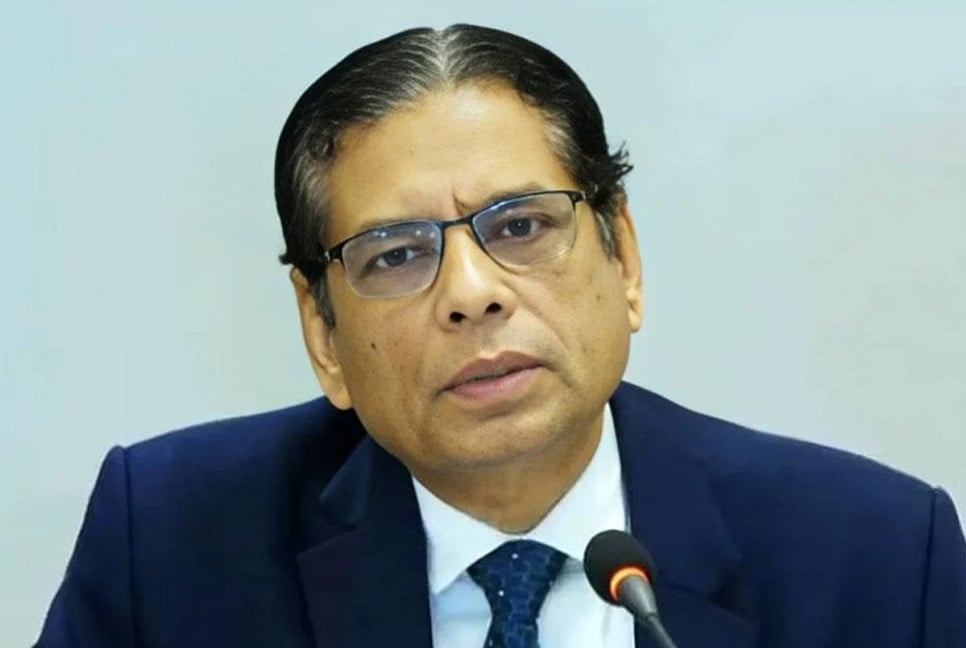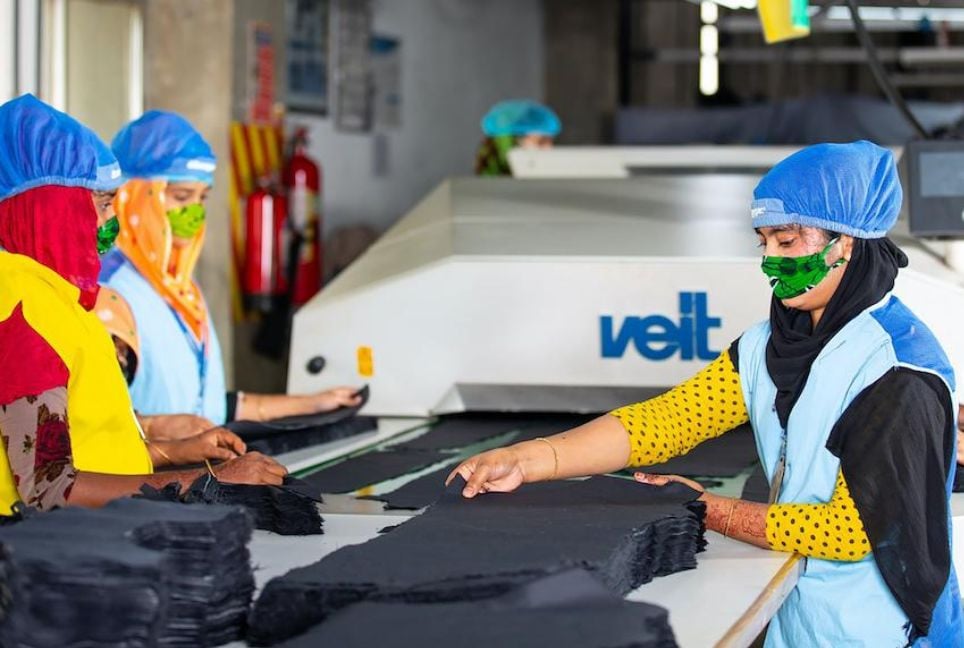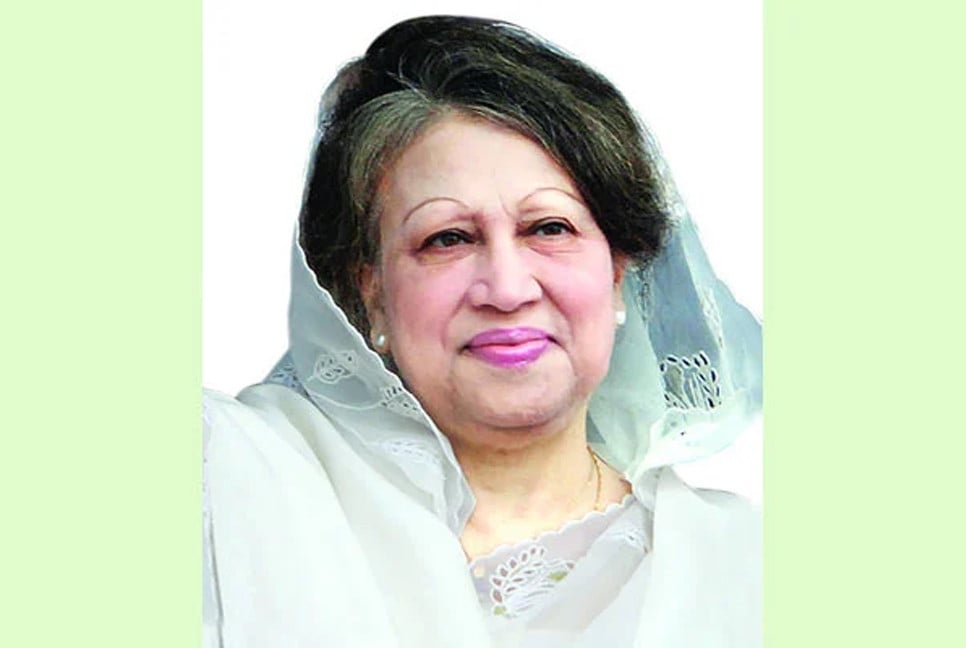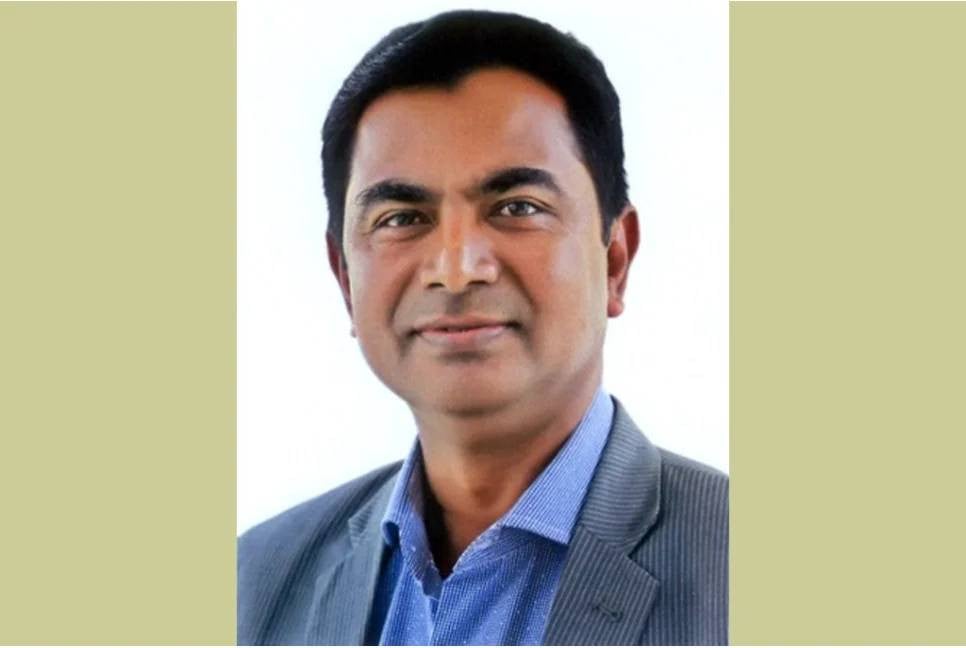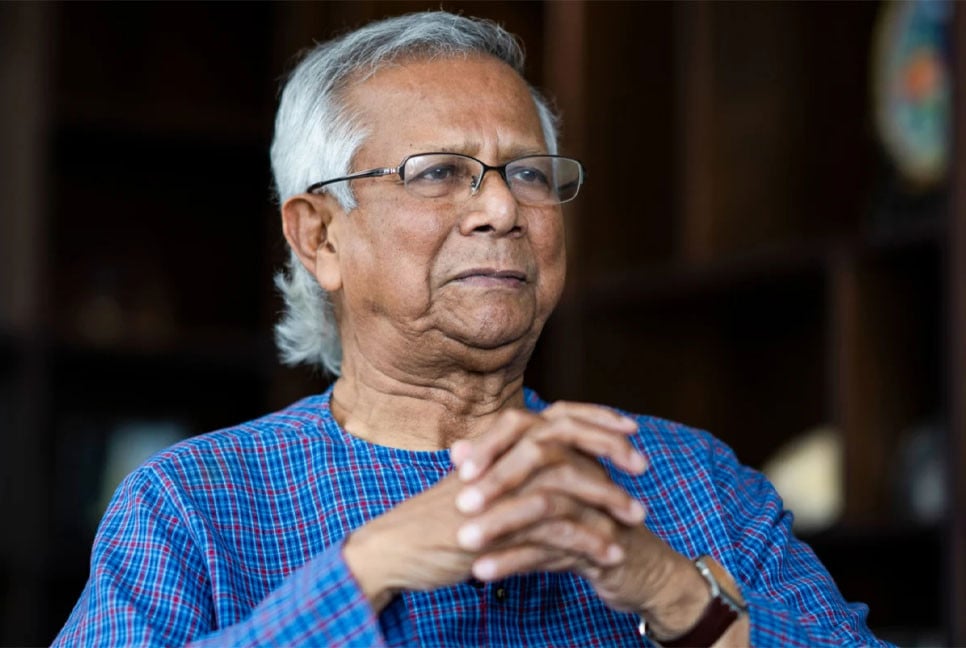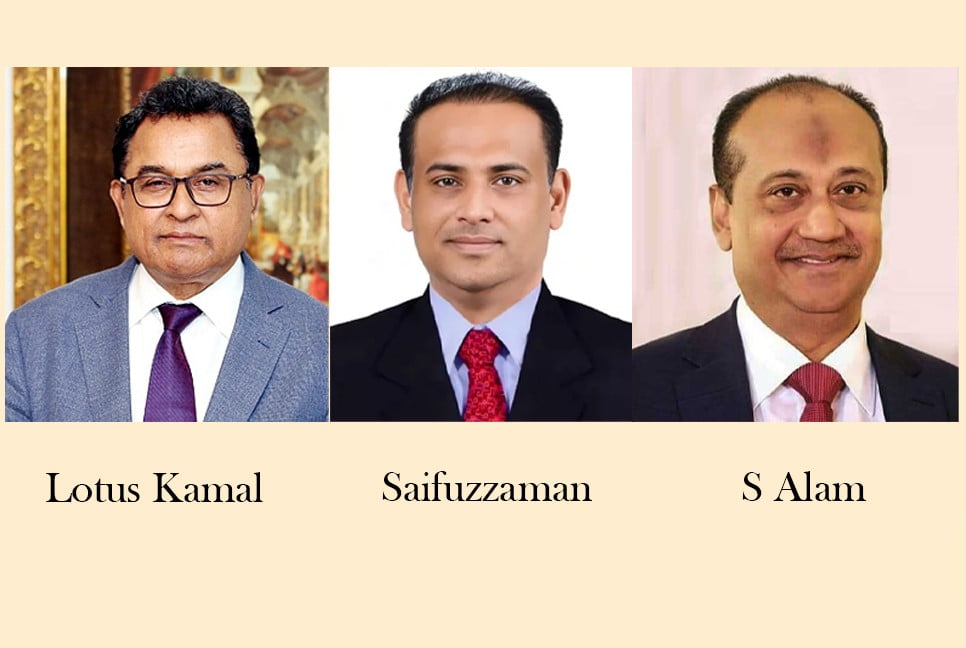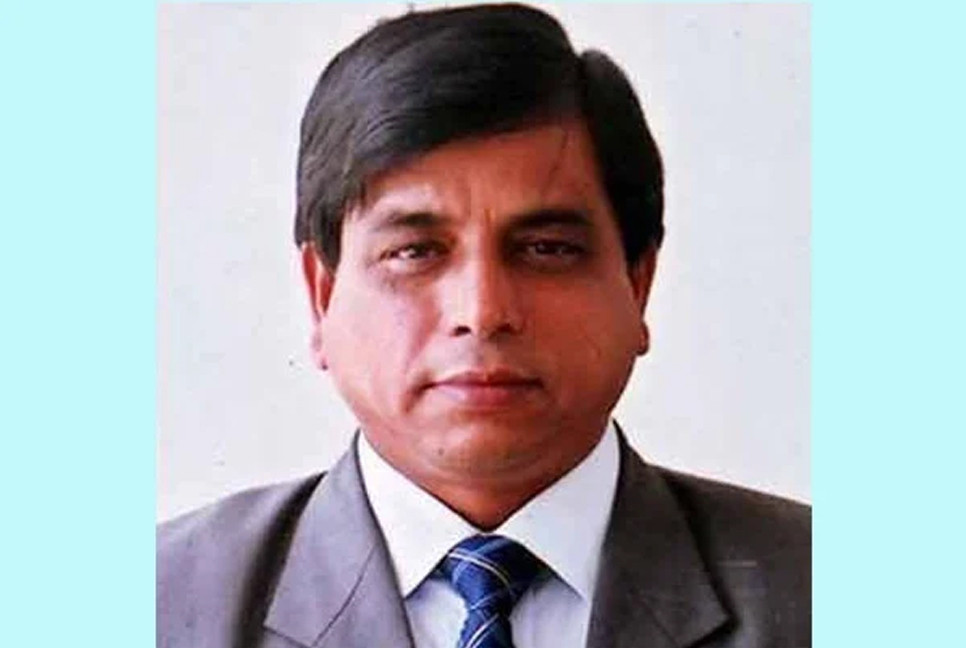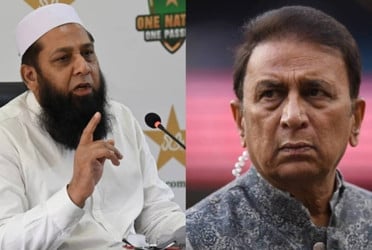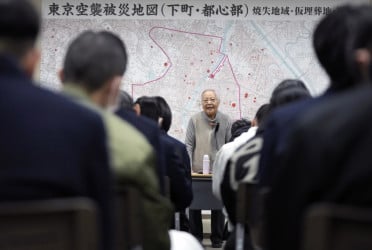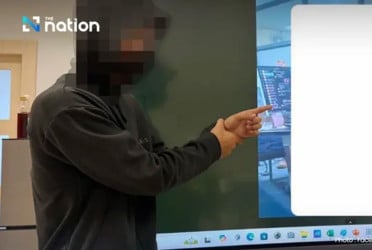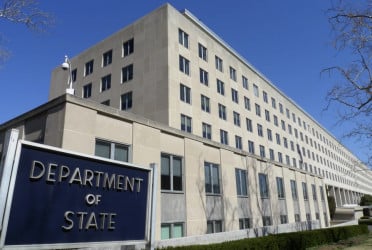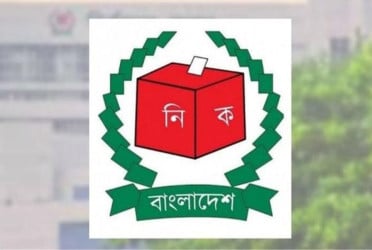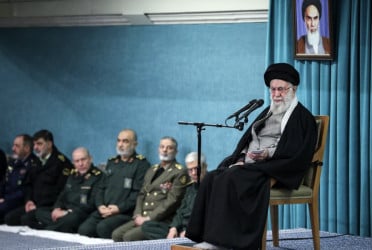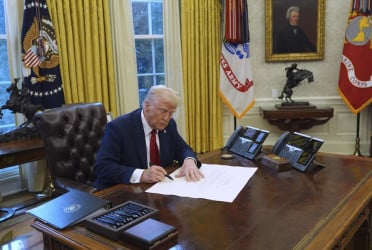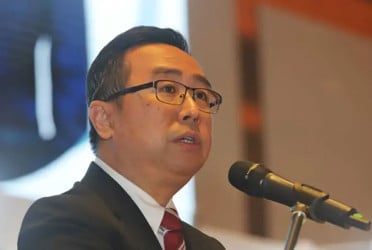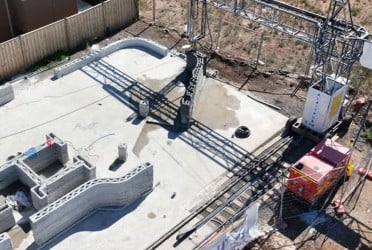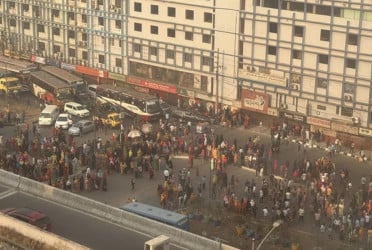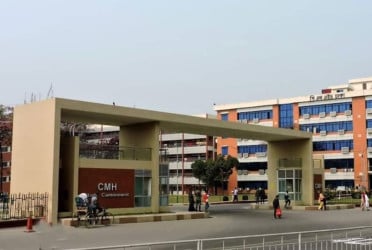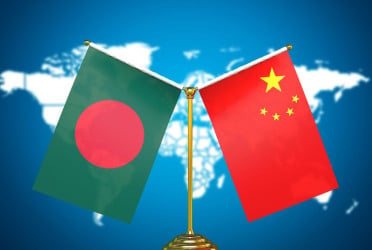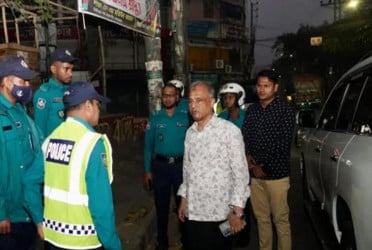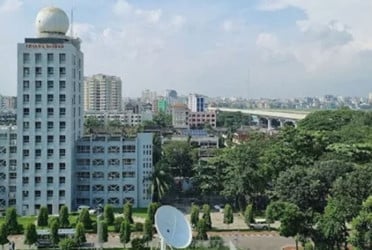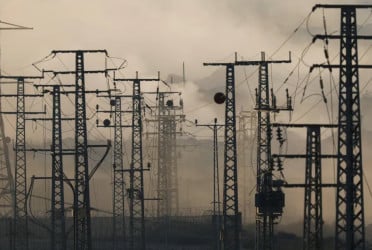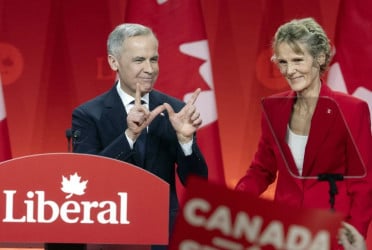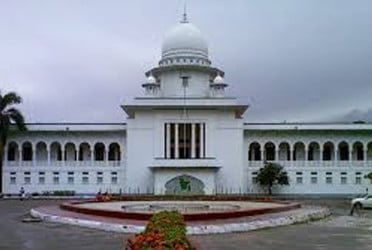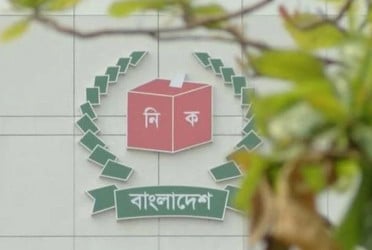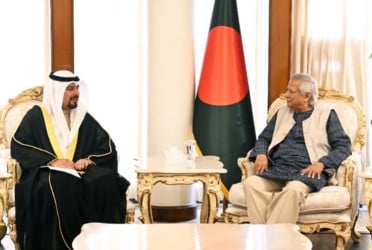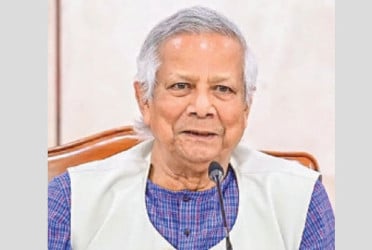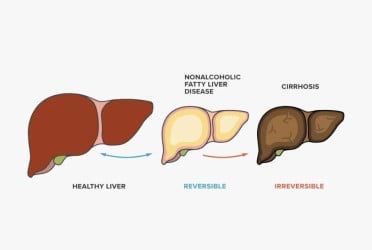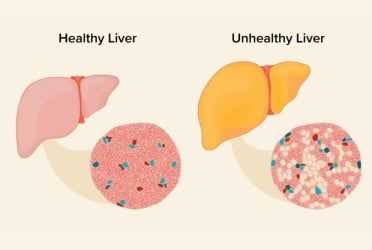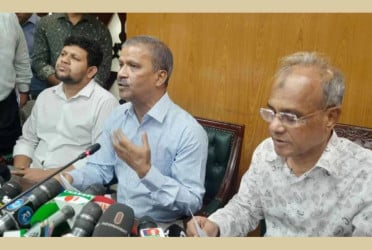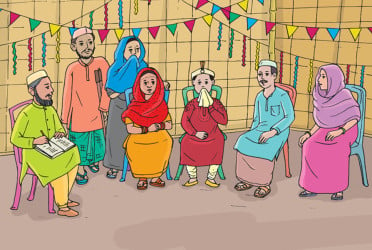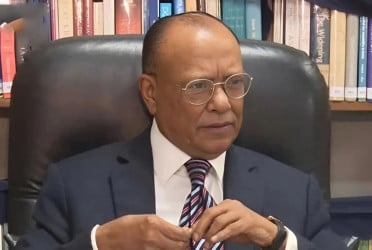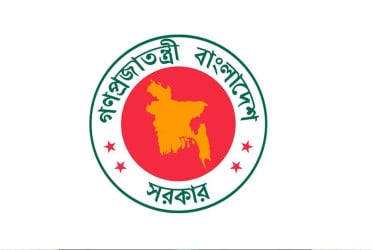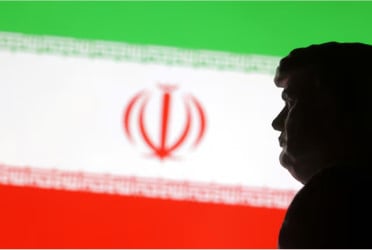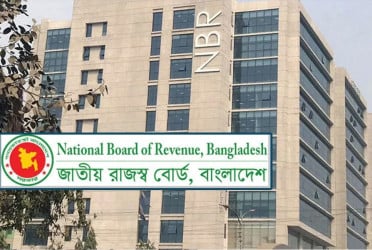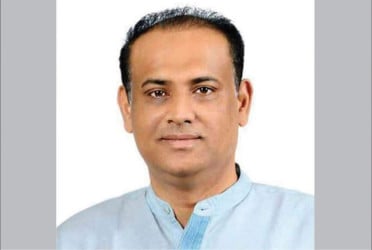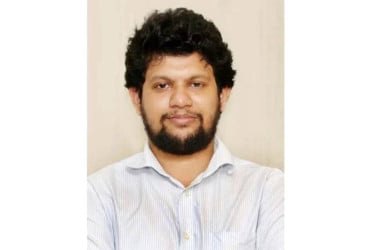Independent directors appointed by Bangladesh Bank to oversee private-sector Islamic banking services have been accused of various irregularities within six months, following the fall of the Awami League government. Allegations against the directors include granting loans to favored institutions, influencing recruitment processes, and improperly transferring and posting staff.
Employees at several banks have lodged complaints with the Governor of Bangladesh Bank, prompting the central bank to launch an investigation into the banks' operations. The authorities have requested detailed information on recruitment, loans, investments, and rescheduled debt over the past six months.
Experts have expressed concern that if independent directors are found guilty of misconduct similar to that of shareholder directors, it could undermine the government's financial sector reform agenda. They warn that this could also create uncertainty among depositors.
Financial reform could be jeopardized if the allegations are not addressed. Bangladesh Bank is under pressure to remove and take punitive action against the directors if the claims are substantiated.
After the interim government took office on July 8, Bangladesh Bank dissolved the boards of directors of 11 banks, including some Islamic banking services, and restructured the boards by appointing independent directors.
After taking charge, directors of some banks have started distributing loans and hiring preferred manpower.
In the changed situation, no bank official dared to speak out. However, after the removal of Abdul Jalil, the chairman of the executive committee of Islami Bank, from his post, officials of other banks have become hesitant. Officials of Al Arafah Islami Bank and Union Bank have complained to the Bangladesh Bank governor.
Union Bank Director and former Executive Director of Bangladesh Bank Md. Humayun Kabir has been accused of various allegations, saying that he quarrels with directors in board meetings. He regularly works in the office. He is interfering in the audit report.
When Bangladesh Pratidin asked about these matters, Humayun Kabir denied all the allegations and said, "I am in a meeting, I will talk later."
Similarly, Al Arafah Islami Bank Chairman Khwaja Shahriar and Director Md. Abdul Wadud has appointed 21 preferred officers. They have taken the initiative to appoint about 50 employees together.
Already, 21 people have been appointed in the first phase. 13 have joined. Of these, one EVP with 6 increments, one SVP with 12 increments, three SVPs with 13 increments, two VPs with 9 increments, one VP with eight increments, two AVPs and three SAVPs have been appointed. This has increased the bank's expenses by about 50 lakh taka.
In addition, the complaint states that the loans of Preeti Composite Textile Limited, Oxford Colors Limited and Preeti Washing Limited, subsidiaries of Suhi Industrial Park Limited, have a loan worth Tk 875 crore, which have been rescheduled at 7 percent interest instead of 15 percent. According to the concerned, this will reduce the bank's income by Tk 500 crore.
In response to the complaint, Bangladesh Bank's Financial Integrity and Customer Services Department has sought information from the restructured banks. The central Bank has sought minutes of board meetings held in the past six months, list of manpower appointments, amount and list of investment realization.
In addition, the total number of vehicles of the bank and list of users have been sought.
A team from Bangladesh Bank inspected Al Arafah Bank on Wednesday. Abdul Wadud, director of Al Arafah Islami Bank, told Bangladesh Pratidin, "We are trying to save the bank. We have nothing to do with the recruitment of manpower. This is taken care of by the management authority.”
The issue of irregularities and interference by independent directors came to the fore after the removal of Md. Abdul Jalil, chairman of the executive committee of Islami Bank, from his post. The bank's board of directors removed him on charges of giving loans to favored institutions and appointing his son-in-law as the managing director (MD) of Islami Bank Securities, a subsidiary of the bank.
Dr. Zahid Hossain, a member of the task force formed to reform the banking sector and former chief economist of the World Bank's Dhaka office, said, “If such irregularities continue, the financial reform process will be hampered. As a regulatory body, Bangladesh Bank should quickly investigate these issues and present a clear statement to the countrymen. Bangladesh Bank's silence will not suffice.”
(Translated by Tanvir Raihan)


